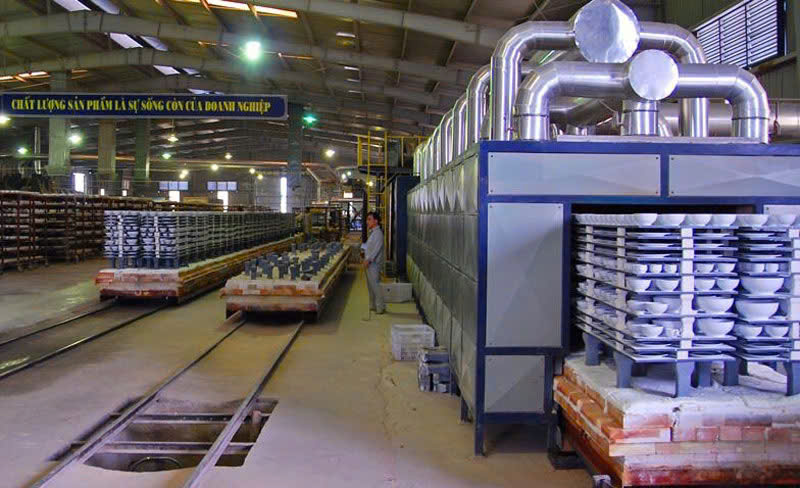In Vietnam, there are currently many standards and management methods that have been applied and promoted effectively, effectively supporting the improvement of management capacity for enterprises. Among them, ISO 14051 - MFCA standard is one of the trusted tools and has become a powerful "assistant" for enterprises. To be truly successful with MFCA, enterprises also need to consider carefully to predict the obstacles that may be encountered that will affect the effectiveness, even deviation when operating and applying.
In essence, MFCA does not reveal the real issues that need to be kept confidential by the enterprise. MFCA is also an improvement tool, and to be truly effective in improvement, the participation of many people in the enterprise is a decisive factor. In addition, the role of senior leaders shows interest in the effectiveness and success of the program.

MFCA is not a new financial accounting method to replace the current method, but rather a method to control the flow of raw materials and with simple calculations to find solutions to waste. It helps managers understand more clearly and specifically about the production and business process of the enterprise to make appropriate decisions to improve the efficiency of using raw materials, energy and equipment.
The application of ISO 14051-MFCA is completely feasible for Vietnamese enterprises. However, to ensure the successful and truly effective application of MFCA in enterprises, senior leaders need to pay attention to the following factors: Firstly, communicate and disseminate so that employees understand the benefits and importance of MFCA, recognize the necessity of MFCA in the production and business activities of enterprises - a very useful tool; both increasing competitiveness to ensure profits, and contributing to the method of "clean production, green enterprise".
Second, establish a working group, including members from many departments and positions with experience directly related to the production process and also indirect departments such as finance, material supply, etc. Senior leaders must convey to these members the viewpoint of cooperation for the survival and development of the enterprise.
Third, conduct a survey, review the entire production process, evaluate and analyze the incident, from which select a relatively uncomplicated but quite important process in the entire product creation chain and select a key stage in that process to conduct MFCA.
Fourth, when collecting data and information, we must be very careful because this is the basis for analysis and calculation as the basis for improvement decisions. Therefore, the awareness and understanding of workers related to the process and stage selected for MFCA implementation is also very important. Managers must eliminate the thought of being "scrutinized" or that this is something that can lead to negative impacts on their work in the future.
Fifth, implement improvements with balanced and calculated results. The Working Group will discuss and choose improvement methods and must remember the important thing: "success does not always come from the first thought". The leader's role is to encourage and facilitate the group in their work.
Sixth, continue to monitor the results obtained, which may be just a coincidence and not the real problem. Therefore, do not rush to end the program, but continue to observe, monitor and evaluate to ensure that the improvement is on the right things and the right issues.









